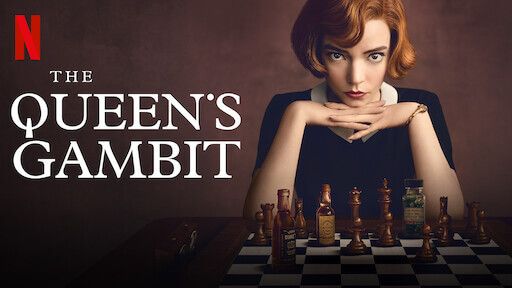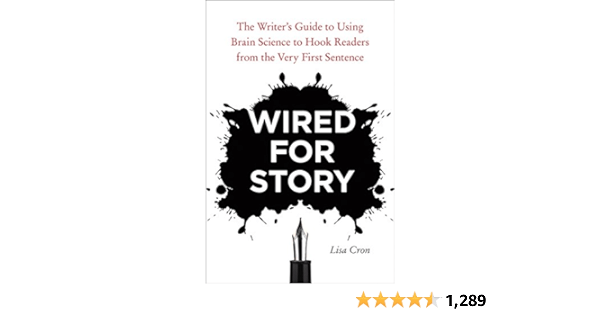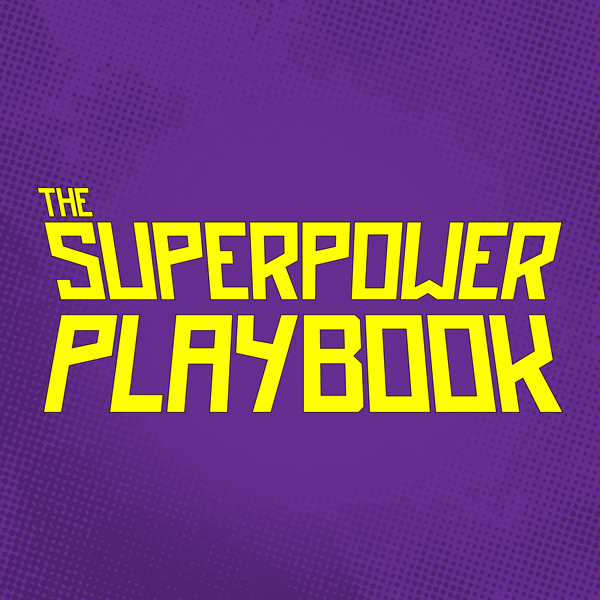Learning
Let's talk procrastination, and I promise you this isn't taking the direction you think it's taking. I was completely thrown for a loop after what I learned and simultaneously felt more understood than I'd ever been. It was both a gut punch and a warm hug specifically for me but even if this doesn't apply to you personally I know it's going to give you insight on your procrastinating loved ones.
Let's backtrack a bit, this week has been a tough one because I am facing the deep dark consequences of my actions. Deadlines are relentlessly approaching even as I type this up. Crazy. But one thing I can rely on is Alie Ward's Ologies podcast to bring a smile to my face with her light-hearted approach to asking smart scientists dumb questions. One episode I've been ducking was Volitional Psychology (PROCRASTINATION) with Dr. Joseph R. Ferrari because I've already been feeling guilty about what I do there's no way I'm going to listen to someone telling me off about it or giving me advice I know won't work after the second day. I was happily wrong. Joseph R. Ferrari literally wrote the book on procrastination, did the research and has been a pioneer in the topic. But far more importantly his motivation comes from trying to help his dear wife, and he takes the plight of procrastinators seriously.
He says "Everyone procrastinates but not everyone is a procrastinator". He also states that for the 80% of the population that aren't procrastinators most of the YouTube advice is going to work. For the 20% that stay "Yeah but that doesn't work for me because..." and "But I've tried that already and it didn't change..." you are the chronic procrastinator and that stuff's just not going to work. You're the type that's always late even if it's things you're excited for, you're always delayed at doing your work, the deadline is your greatest motivator and this has been a theme for much of your life. You are the procrastinator.
It's not just a simple issue of time management but a psychological maladaptation. I could go into the science of it but I think it better you hear it from the horse's mouth from his book Still Procrastinating or from his interview on Ologies. What we can talk about is how to combat it (backed by science). Ferrari argues that procrastinators are often worried about how others are going to see them and that can be used to force them to get things done. Setting public deadlines and goals that help people keep you accountable is a great way to ensure you get things done. What would take that to the next level is if you tell people not to let you make excuses or let you wriggle out of it with our masterful skill at finding great reasons why the work just couldn't be done in the time we said we were going to do it.
It's hard not to feel broken when we think back to the things we've fumbled, the marks we could have gotten if we'd worked on time and the opportunities that have passed us by because of poor timing. But through conscious effort and understanding of one's self, you can fight back on this thing. Every time you think of procrastinating at the very least pop this episode in your ears and listen to it while you shirk off responsibilities 😂.
Spotify: https://open.spotify.com/episode/5VlxM1jx9QcpDG8ljer0GX
Watching
Queen's Gambit

This Netflix limited series is an extremely touching coming-of-age historical sports drama. I have a soft spot for sports films and series, especially when they're able to translate the gripping tension of fighting to win between the opposing sides. The story takes us on a journey with Beth, the orphaned chess prodigy battling her addiction and the shadows of her past as she dominates in the only realm she feels any sense of control: the chess board.
You don't have to be a chess head to get what's going on the show put's you in the position to know just enough to understand how screwed Beth is when she rushes in blinded by youthful cockiness against seasoned pros. And you know enough about human nature to be on the edge of your seat as you watch her teeter on the edge of self-destruction and reach her fullest potential.
Rating: 4.5/5 ⭐ would recommend. Watch on Netflix.
Reading
Wired for Story

Most content creators know that storytelling is a huge factor for getting your content, products or brand to catch on but they actually don't know what the real story is and are surprised that it's not working. Most people are under the impression that just because we listen to stories all the time we automatically know how to write a good one. That was me too I'll be honest, but it's a bit misguided because that's like saying because I've watched hours of football I can play in the Premier League. I mean you could, you'd just suck balls.
I'm only on the second chapter of Wired for Story: The Writer's Guide to Using Brain Science to Hook Readers from the Very First Sentence by Lisa Cron but there's been so many gems in it and I want to share about proper storytelling. I think I good one to share is the "So What" Factor. This can be used by content creators but I think you can apply it to any aspect of your life where you're trying to effectively deliver information or convince someone of the importance of what you're saying
The "So What" Factor may be one of the most important aspects of a piece of content. It's that little question your reader or audience is asking, "Okay... so what?", and you need to have that answer baked into the writing or content otherwise readers won't give you a second chance. Think of yourself as a listener, when it's clear what the point is or why you should personally care you're probably going to scroll past or zone out. Think about it, don't you do the same thing?
Imagine you write this:
"The day started out so unassuming. If I knew that everything I did today would somehow lead to me strapping on a bulletproof vest and having to pull off a bank robbery with two guys I met on Instagram I might have done something different for once."
When you go on to rattle off about a day in the life of this character the reader has their ears perked listening out for every detail, they want all the otherwise "boring" details because they're excited to put together the clues. They know the value of all these details. Without having the "So What" Factor, if you just went on to explain about this random dude's day with zero context of course people will ask "So what?".
Knowing the context for what you're explaining means if you're building up a longer story or longer piece of context the audience understands that there's a reason for all the detail you're providing; they understand that all this detail is adding to the story and they're going to hold on for the payoff at the end.
Does your content pass the "So What" test? Or are people scrolling away because you haven't told them why they should care?
Get the book here.


Member discussion: